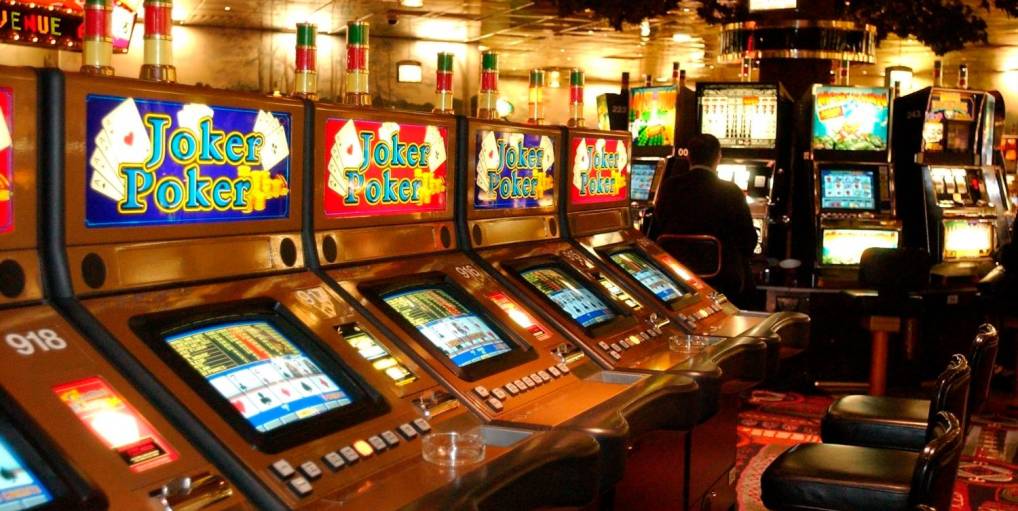
Casino offerings have been a source amusement and excitement for numerous players around the globe. One of the key components that make these games engaging is the diversity of playing cards employed in various kinds of games. Grasping the various kinds of cards can enhance your gaming experience and refine your gameplay strategies. Regardless of whether you are drawn to traditional card games like poker and blackjack or newer casino offerings, each game depends on a distinct set of cards that affects the rules and the rhythm of play. 98Win.group
In casino settings, cards come in various styles, each designed to fit the needs of particular games. From standard decks to specialized card variations, the diversity plays crucial role in molding the mechanics of each game. By acquainting yourself with these cards and their uses, you can gain more profound insights into the games and make better decisions at the table. This understanding not only enhances your overall gaming experience but also adds to a more sophisticated approach to your odds of success.
Types of Playing Cards
When it comes to casino games, the kind of playing cards used can greatly impact the gameplay and tactics. The most common deck is the traditional 52-card deck, which consists of 4 suits: diamonds, clubs. Each suit contains 13 ranks, from ace to king. This traditional deck is essential in numerous games, such as black-jack, where gamblers aim to form the best hand possible or approach 21 as they can.
Some casino games utilize special decks specifically designed for the game itself. For example, the well-known game of baccarat often employs multiple decks combined, typically six or 8. This not only increases the difficulty of the game but also affects betting strategies, as participants must account for the increased number of cards in play. Additionally, certain games may introduce joker cards or wildcards, providing further variety and excitement to the gaming experience.
In niche games, specialized decks may come into play. For instance, in games like Bridge or pinochle, participants might use unique rules with varied card values or roles. These changes keep the gameplay fresh and allow for diverse strategies to appear. Understanding the different types of playing cards and their specific uses in various casino games is key to improving one’s gaming experience and boosting overall performance at the tables.
Deck Variations in Gambling Activities
In casino games, the kind of deck utilized can significantly affect both the play and the tactics employed by players. Most classic card games, such as blackjack and poker, typically use a standard 52-card deck. However, modifications do exist where additional wild cards or even multiple decks are used. For instance, in blackjack, some gaming establishments may employ one to eight packs, which can change the probabilities and the basic tactics required to compete optimally. Participants must be aware of the deck composition, as it influences the house edge.
Another frequent modification in gambling playing card activities is the use of themed or custom decks. For instance, some five-card draw games might use a set of cards that features unique images or designs, which can enhance the atmosphere at the table. These custom decks often function to differentiate between different play types or loyalty programs within the casino. While the traditional rules of the activity remain the same, the aesthetics can affect player involvement and satisfaction.
Finally, the shuffling methods used with different types of decks can also impact gameplay. Casinos often make use of automatic shufflers that can effectively shuffle multiple decks effectively, making card counting more difficult. The rate and method of shuffling can vary widely based on the activity and the gaming establishment’s policies. Comprehending these deck modifications is crucial for any participant seeking to enhance their game strategy and overall satisfaction in gaming games.
Significance of Cards Values
In casino activities, the value of each card plays a key role in deciding the outcome of multiple games. Distinct activities assign specific values to playing cards, affecting tactics and player choices. For example, in blackjack, cards ranging 2 through ten are valued at their actual worth, while face playing cards hold a worth of 10, and the ace can be valued alternatively 1 or eleven. Understanding these values allows gamers to make knowledgeable choices during play, enhancing their chances of success.
In the same way, in poker, the importance of playing card worths extends to combinations and combination hierarchies. Strong cards can form stronger hands, such as two of a kind, straight hands, or flushes, which are crucial for success in the game. https://98win.group/ Gamers must evaluate not only their own cards but also potential hands their opponents might hold. This strategic depth adds thrill and complexity, making card values a important element in the appeal of poker attraction.
Moreover, the cognitive element of playing card values cannot be dismissed. Players may use the knowledge of card worths to mislead or confuse their opponents. By grasping how a playing card’s worth can change the game’s dynamics, gamers can better handle risks and rewards, creating a stimulating environment in gaming games. Whether playing for fun or for actual money, knowledge of playing card worths significantly affects the overall playing encounter.